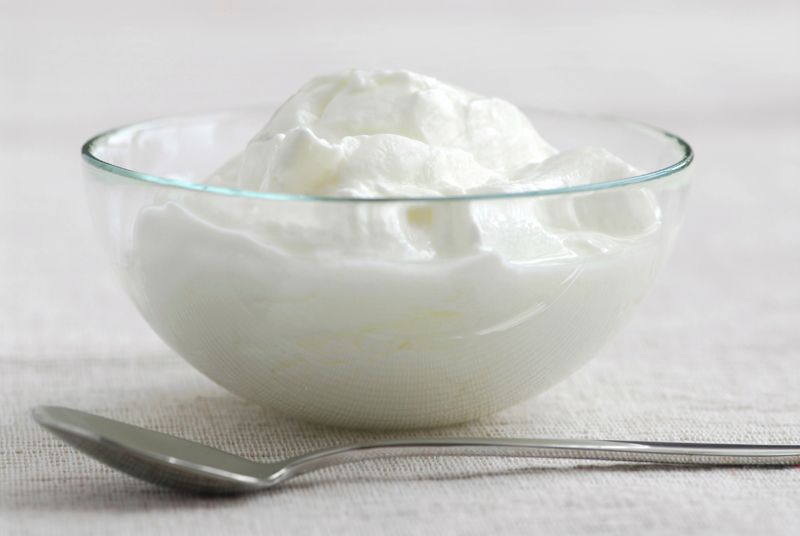Yogurt May Cut Diabetes Risk?
While yogurt intake was associated with lower diabetes risk, the researchers did not find a similar effect from other dairy foods.

Researchers are associating yogurt intake with a possible reduced risk of type 2 diabetes. BMC Medicine researchers analyzed cohort food-frequency questionnaire data from three large-scale studies: 41,436 men in the Health Professionals Follow-Up Study (1986 to 2010); 67,138 women in the Nurses’ Health Study (1980 to 2010); and 85,884 women in the Nurses’ Health Study II (1991 to 2009).
“Our updated meta-analysis suggested that each one serving/day yogurt increase was significantly associated with a 18% lower risk,” they wrote.
While yogurt intake was associated with lower diabetes risk, the researchers did not find a similar effect from other dairy foods.
Why might yogurt in particular be helpful? While warning that randomized controlled trials are needed to explore mechanisms of action, the researchers said that probiotic bacteria may play a role. Also, “certain components in dairy products, such as calcium, vitamin D, magnesium, lactose, and dairy protein, have been suggested to have a favorable impact on metabolic factors, including body weight, hypertension, and glucose homeostasis,” they noted, and that milk proteins like whey may improve glucose tolerance thanks to their “insulinotropic properties” and low glycemic load.
Jennifer Grebow
Editor-in-Chief
Nutritional Outlook magazine
jennifer.grebow@ubm.com
Photo © iStockphoto.com/Elenathewise
Sirio Pharma launches line of ready-to-market organic gummies and softgels called PureOrganix
August 26th 2024The new line is made up of three gummies and one softgel that are formulated to meet stringent EU-Organic certification criteria, and target women’s health, metabolic health, and heart health.
Recent review states that pentadecanoic acid may support cellular stability for better longevity
June 25th 2024According to the paper’s author, Stephanie Venn-Watson, DVM, MPH, deficiency in pentadecanoic acid of ≤0.2% total circulating fatty acids increases the risk of ferroptosis, which a type of cell death cause by the peroxidation of fragile fatty acids in cell membranes that combines with iron thus increasing reactive oxygen species, and disabling mitochondria.